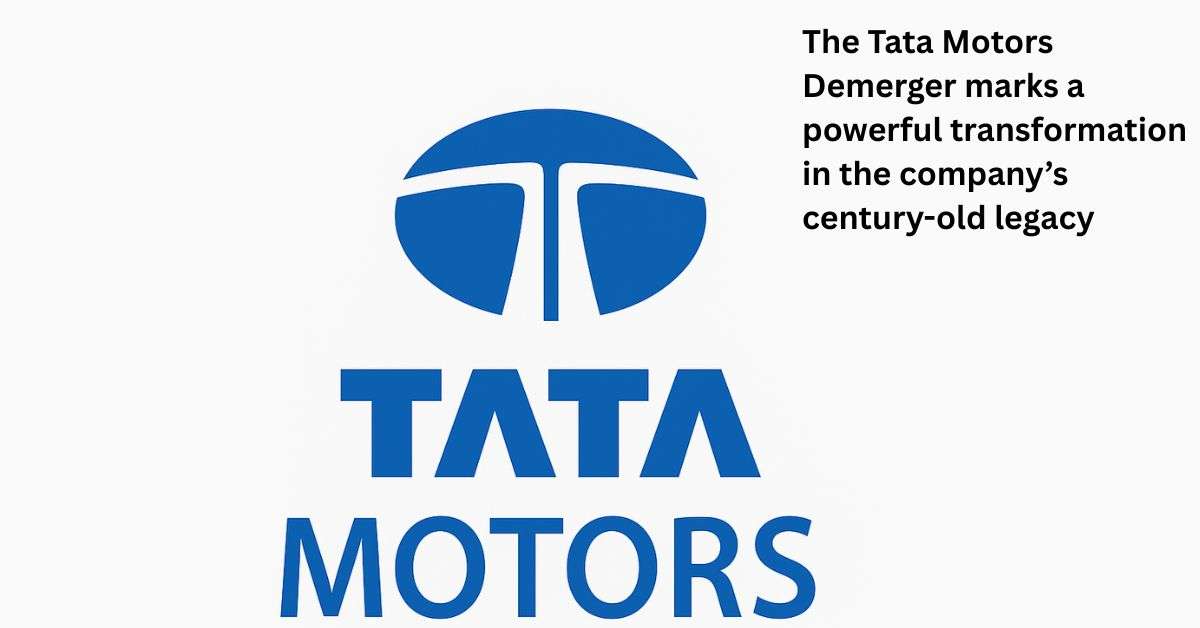Introduction
The shipbuilding industry is a cornerstone of global trade, national security, and economic prosperity. In India, the Ministry of Ports, Shipping, and Waterways (MoPSW) recently organized a pivotal workshop to address the challenges and chart a path forward for revitalizing this critical sector. Under the guidance of Shri TK Ramachandran, Secretary of MoPSW, the workshop aimed to align the shipbuilding and repair ecosystem with India’s Maritime India Vision 2030 (MIV 2030) and Amrit Kaal Vision 2047 (MAKV 2047).

Historical Context
Early Developments
India’s shipbuilding legacy dates back to ancient times, with its ships being integral to trade across the Indian Ocean. Coastal towns like Lothal in Gujarat were renowned for their shipyards and maritime prowess.
Post-Independence Era
After gaining independence in 1947, India’s shipbuilding industry saw various transformations. Despite some advancements, the sector struggled to compete globally due to outdated infrastructure and limited technological advancements.
Maritime India Vision 2030 (MIV 2030) and Amrit Kaal Vision 2047 (MAKV 2047)
Overview of MIV 2030
MIV 2030 is a strategic framework aiming to position India among the top 10 shipbuilding nations by 2030. The vision includes enhancing port infrastructure, boosting coastal shipping, and promoting green shipbuilding technologies.
Overview of MAKV 2047
Building on the foundation of MIV 2030, MAKV 2047 aspires to elevate India into the top 5 shipbuilding countries by 2047. This vision focuses on self-reliance, sustainable practices, and substantial growth in domestic and international markets.
Key Stakeholders
Government Ministries and Departments
Various government bodies, including the Ministry of Defence, Ministry of Coal, and DG Shipping, play pivotal roles in shaping policies and providing necessary support to the shipbuilding industry.
Shipping Operators
Shipping operators are crucial for creating demand for new vessels and ensuring the sustainability of the shipbuilding ecosystem. Their feedback and requirements drive innovation and capacity building.
PSU and Private Sector Shipyards
Public sector undertakings (PSUs) like Hindustan Shipyard Limited and private shipyards contribute significantly to the industry’s output and technological advancements.
Workshop Highlights
Purpose and Agenda
The workshop aimed to foster collaboration among stakeholders, identify challenges, and propose actionable strategies to boost the shipbuilding industry.
Key Discussions
Discussions centered around enhancing infrastructure, creating demand, and integrating advanced technologies. Stakeholders also deliberated on policy interventions and financial incentives.
Outcomes and Resolutions
The workshop concluded with a commitment to address the identified challenges through specific policies and initiatives. Stakeholders agreed on the need for a cohesive approach to achieve the ambitious goals of MIV 2030 and MAKV 2047.
Current Challenges
Dependence on Foreign Vessels
India’s reliance on foreign vessels for both international and coastal shipping remains a significant challenge. This dependence impacts national security and economic stability.
Low Market Share
Despite its potential, India’s shipbuilding industry holds less than 1% of the global market share. Factors contributing to this include limited demand and outdated infrastructure.
Infrastructure and Technological Gaps
Indian shipyards often struggle with inadequate infrastructure and lack of access to cutting-edge technologies, hindering their competitiveness on the global stage.
Strategies for Revitalization
Policy Interventions
Proposed policy changes include financial assistance, tax incentives, and streamlined regulatory processes to encourage investment and innovation in shipbuilding.
Incentives and Support
The government is exploring various incentive schemes to support shipyards, such as subsidies for technological upgrades and preferential treatment for domestic builders.
Technological Upgradation
Emphasizing the adoption of modern technologies, the strategy includes initiatives to enhance automation, digitalization, and green shipbuilding practices.
Advantages of a Strong Domestic Fleet
Economic Benefits
Developing a robust domestic fleet can save substantial foreign exchange and generate significant revenue, boosting the national economy.
National Security
A strong domestic fleet ensures availability during crises, safeguarding national interests and maintaining trade continuity.
Foreign Exchange Savings
By reducing dependency on foreign vessels, India can save on chartering and freight management costs, preserving valuable foreign exchange reserves.
Potential Market Opportunities
Domestic Demand
India’s growing economy and expanding maritime trade present significant opportunities for domestic shipyards. The potential market size is projected to exceed USD 237 billion by 2047.
Global Market Potential
Indian shipyards have the opportunity to tap into the global market, leveraging competitive advantages such as cost-effective production and skilled labor.
Case Studies
Successful Shipyards
Examples like Garden Reach Shipbuilders and Engineers (GRSE) showcase the potential for success with strategic planning and modernization.
Global Comparisons
Insights from leading shipbuilding nations like South Korea and Japan provide valuable lessons for India’s shipbuilding industry.
Future Prospects and Innovations
Green Shipbuilding
Indian shipyards are making strides in developing low-emission and zero-emission vessels, positioning themselves as leaders in sustainable shipbuilding.
Digitalization and Automation
The integration of digital technologies and automation is expected to revolutionize the industry, enhancing efficiency and reducing costs.
Conclusion
The revitalization of India’s shipbuilding industry is crucial for achieving the ambitious targets set forth in Maritime India Vision 2030 and Amrit Kaal Vision 2047. With collaborative efforts from all stakeholders, strategic policy interventions, and a focus on modernization, India can transform into a global maritime powerhouse.
Open Your Demat Account with Discount Brokers:
ZERODHA 1) : https://zerodha.com/open-account?c=EJ4366
Angelone 2) : https://tinyurl.com/2gloc3g6 or
Upstox3): https://link.upstox.com/9w4tNo1rK8au7VK47









